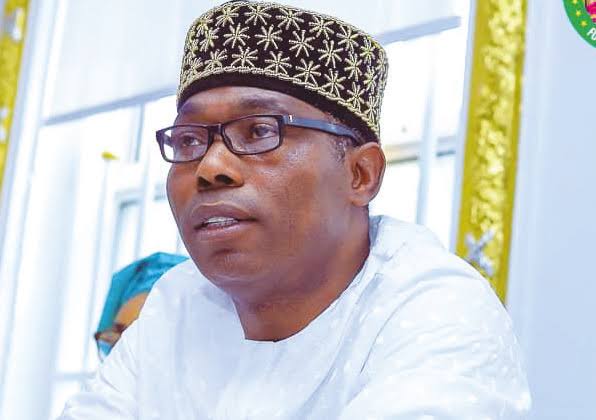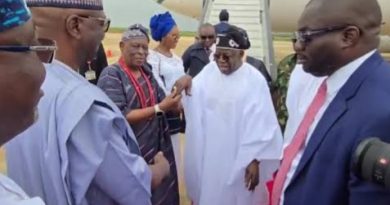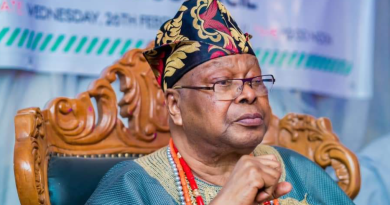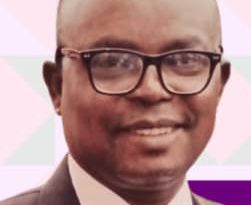Looming Polls: Between Adebayo And The Famous Four
By Adedutan Lawal
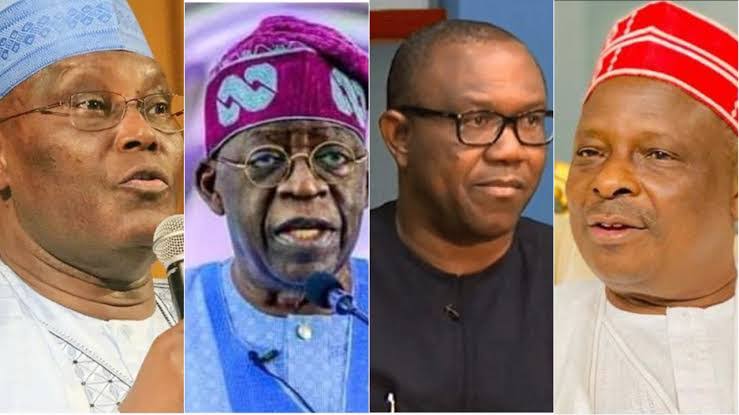
In about 41 days from today, Nigerians will file out to cast their votes for who, in the next four years, becomes their next President.
At the last count, the number of political parties contesting the election is in the region of 18.
But within this number (going by geographical spread, governorship seats, membership in both National Assembly and State Houses of Assembly occupied), there are only few of them who are front runners.
In fact, less than 3% of this number may eventually make it to top 5: All Progressives Congress, APC, and Peoples Democratic Party, PDP, take the front row. Coming behind them are Labour Party, LP, Social Democratic Party, SDP, and New Nigeria Peoples Party, NNPP, in that order.
Within this Famous Five, only the candidate of the SDP, Prince Adewole Adebayo, has not occupied public office before. And he is the youngest. He clocked 51 penultimate Sunday.
At a time everyone is clamoring for the youth involvement in the country’s political development, there is no better time to actualize the clamor for the youth than now.
But, unfortunately, democracy isn’t a gift that is handed over to someone as if the giver is Father Christmas. It is fought for. It is a game of numbers in which the minority have their say but the majority have their way.
Looking at the manifesto, the APC’s 80-page document, titled Renewed Hope 2023, emphasizes more on the economy and agriculture. For the presidential candidate, Asiwaju Ahmed Tinubu, job creation in thousands and reviving agriculture are the sure pathway to restoring the economy. He also talks about plugging all loopholes that leak revenues in the economy. He equally wants petrol subsidy removed as, according to him, this is one of the many ways to reduce corruption in the system.
Tinubu acknowledges the contributions of the Igbo in the evolution of Nigeria and her economy particularly. And he promises to protect Igbo businesses if elected.
For Peter Obi, the LP presidential candidate, he promises, in his manifesto, to rebuild Nigeria if Nigerians can hand him the keys to Aso Rock. Just like Tinubu, he also talks about fighting corruption.
He wants to bring a permanent end to incessant strikes by the Academic Staff Union of Universities (ASUU).
Obi is concerned about the downward slide of Nigerians standard of living. He thinks the insecurity experienced presently has to do with the lack of job opportunities. The candidate promises to bring back the glory of Nigeria by ending poverty in the land.
Alhaji Atiku Abubakar, the PDP flag bearer, in his 5-point policy document tagged, ‘My Covenant with Nigerians,’ promises to strategize to end insecurity, speed up economic growth as well as create jobs.
He wants to revive the Nigerian economy. Removal of oil subsidy, he also believes, just like Tinubu, is the right path to economic prosperity.
Senator Rabiu Musa Kwankwaso is the presidential candidate of the NNPP.
Kwakwanso is a formidable political figure in Nigeria especially in Kano State where he served as governor for eight years. He also served as Minister of Defence. Underestimate him at your own peril. In his 152-page document titled, ‘My Pledges to You’, Kwankwaso wants to give total freedom to local governments to run without any hindrance especially on funding.
There will be massive transformation in the maritime sector, according to Kwankwaso if Nigerians can elect him as President.
If given the opportunity, the NNPP candidate would also make entry examinations into tertiary institutions free as agencies of government, especially in the education sector, should not be revenue generating agencies.
As for Adewole Adebayo of the SDP, he is making it emphatically clear that, from day one as President, Nigeria will never witness industrial strikes by academic unions. He wants to be given one year to wipe off insurgency in the land.
The insurgency that we see today, he insisted, is man-made. He, it was, who broke the news that the so-called oil theft is carried out by perpetrators in collaboration with those in government circles.
He is quite combative in his approach to fighting corruption. He supports the SERAP call to all presidential contestants to make their public assets, if truly they want to serve Nigerians.
Among this five presidential candidates, only Adebayo hasn’t occupied public office before. He is also the youngest. All the other four are above 60 while three of them had been in PDP.
There is nothing messianic about them. The others have been in government at the state level, choosing who becomes what for the past 16 years.
In fact, Obi, Kwankwaso and Atiku have changed political addresses severally while only Tinubu and Adebayo have had fixed political addresses.
All the other four have, at one time or the other, benefitted and may still be benefitting from government. They are, in fact, the biggest beneficiaries of the same government they claim they want to serve.
Meanwhile Nigeria needs fresh hands.
It is unfortunate that Nigerians do not have the opportunity to have all these candidates come to a debate to see and know their capacity and capability. Majority of the solutions being professed presently may not stand the test of the furnace eventually. A debate will interrogate the what, the when and the how of their programmes.
Adebayo appears to be the only one who, without government support and connection, has successfully managed his chain of businesses scattered across the globe.
In terms of proven record of management of successful enterprise from ground zero without government incentives and support, Adebayo would emerge tops.
If it is about the sentiment of supporting the youth, for once, to gain access to the highest office in the land, Adebayo would also emerge tops. And in terms of purposeful and truthful leadership, it may be difficult to challenge Adebayo.
These virtues are what make a successful government. But, unfortunately, this may not count ultimately while voters are casting their ballot at the February polls as religious and tribal sentiments play major roles in Nigeria’s elections.
However, whoever is elected, whether good or bad, it is the electorate that will bear the brunt for the next four years. Choose wisely.

